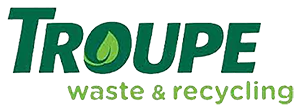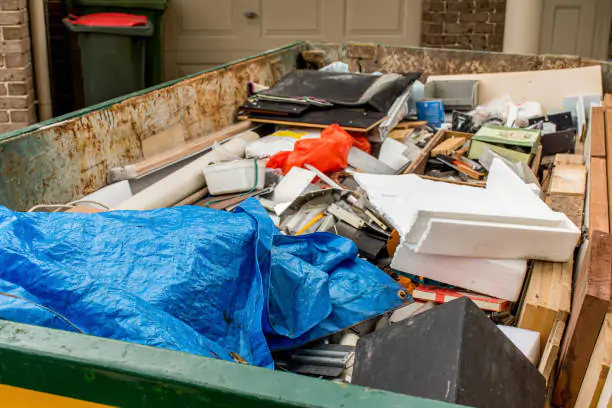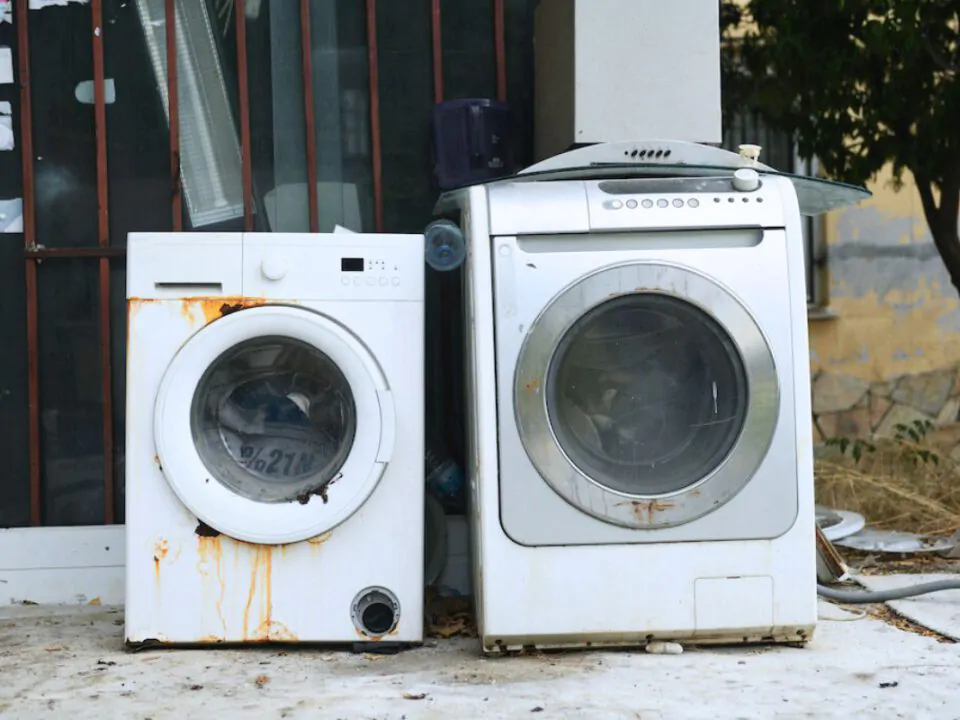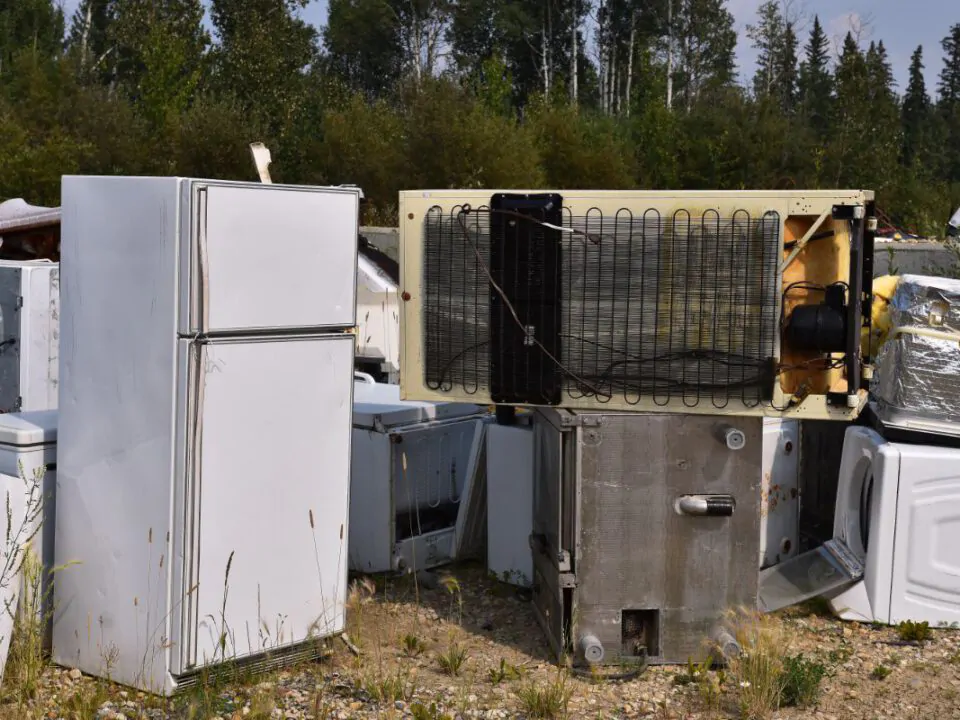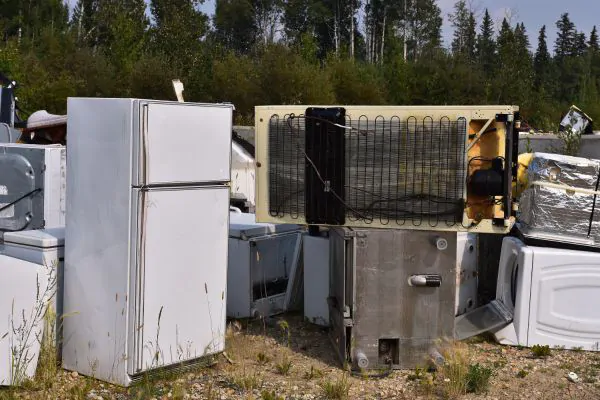What Can’t You Put in a Dumpster? – You Should Know
Why Is Proper Waste Disposal Essential?
When we think of waste disposal, we generally have a picture of all our garbage. The unfortunate part is that we forget what can’t you put in a dumpster. Keep in mind that the main purpose of disposing our waste is to ensure cleanliness and help keep our environment clean and green. In that sense, it is crucial to know how to properly segregate our waste.
It’s a rule of thumb that anything not hazardous can be thrown in the dumpster. But how do we know exactly what is and what is not hazardous? With proper categorizing and waste description, it is much easier to reinforce recycling and reusing materials. These little things will help our environment cope up with rapid industrial change. Added to that is being aware of each state and town’s classification of what can be or cannot be thrown in the dumpster.
Here, we give you a clear list of the things that you can’t put in the dumpster.
Electronics
Computers, television, your old DVDs, cellphones, and radios are examples of electronic wastes or e-wastes. Some areas might take them in the dumpster but they’re mostly taken for recycling. There are retailers or warehouses that buy old electronics or collect them in exchange for coupons. These are stored for proper recycling.
Appliances
These get often confused with electronics. However, examples of appliances are refrigerators, microwaves, toasters, washers, dryers, and AC units. What makes these materials dangerous when thrown in the dumpster are their fluids and components. An old fridge has freon which needs to be drained before it can be disposed of. Draining these appliances requires a professional and it is crucial that you take note of what dangers it can cause when disregarded.
Pesticides
Sprays, liquids, or granulated pesticides should not be thrown right away. These contain poisonous chemicals that are not only detrimental to human health, but to the environment as well. It is best to talk about your preferred dumpster rental company to see if they can take care of such types of hazardous waste or if there are necessary procedures to dispose of them.
Medical Infectious Waste
Although this is mostly applied to hospitals or clinics, there might be household medical waste that you plan to throw in the dumpster, such as: dialysis waste for an in-home patient, blood-soaked fabrics or bandages, expired or unused drugs, or used needles. These wastes generally require guidance for proper disposal, and if in any case you have this kind of waste, it is best to contact your state health agency for assistance.
Non-Alkaline Batteries
There are hazardous types of batteries and under federal standards, are classified under hazardous wastes. These include car batteries, lead-acid batteries, lithium ion batteries, computer batteries, rechargeable batteries, and silver oxide batteries.
Oils, Fuels, Propane Tanks
These are flammable materials which cannot be put in the dumpster. Such materials are highly combustible and might expose others to risk of injury and compromise the safety of those working with the dumpster.
more risk and safety compromise. It is best to contact your local fire department for guidance on proper disposal of these materials.
Tires
What’s dangerous with whole tires is the amount of methane gas that can be trapped when the tire is buried with other garbage. That methane gas can make the tire glide onto the surface which will push aside other garbage and eventually ruin the protective liner of the landfill.
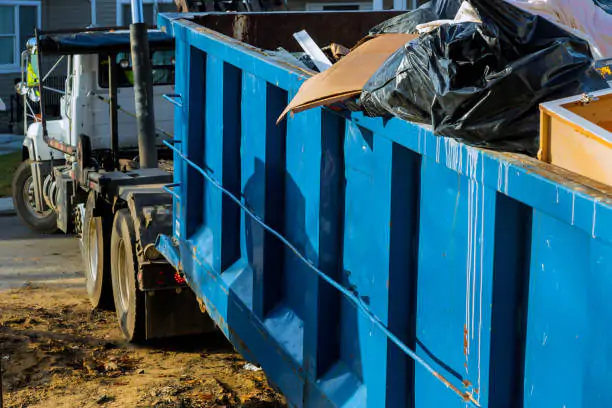
Talk It Out with Troupe Waste and Recycling!
Troupe Waste and Recycling is a full-service waste management company that serves the whole South Shore locale. They have been providing excellent service since 2004 and they are also local in the area. Troupe Waste and Recycling is a family-owned business that offers a variety of recycling and waste management services. They help the South Shore maintain its cleanliness and environment, and they follow all local protocols regarding waste management. When you think you’re having issues managing your waste, talk it out with the Troupe!
